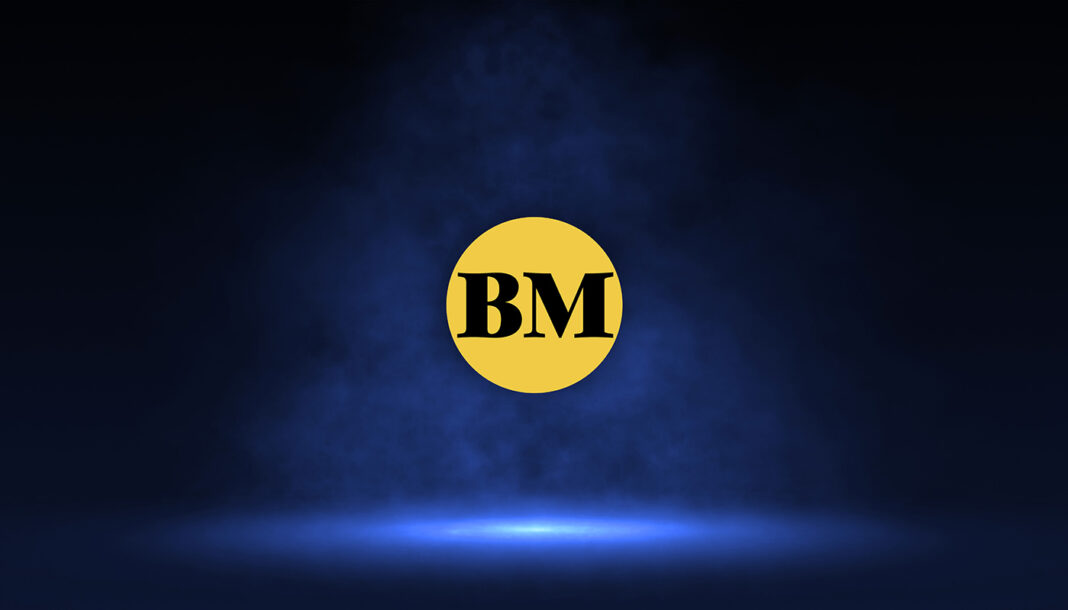
INTERNATIONAL concerns over the possible spread of the more infectious Omicron Covid-19 variant prompted the government to reimpose mandatory facility-based quarantine for all arriving passengers in the country.
Acting Presidential spokesperson Karlo B. Nograles announced on Sunday that the Inter-Agency Task Force for the Management of Emerging Infectious Diseases (IATF) suspended the implementation of its Resolution No. 150-A (s.2021), effectively imposing stricter protocols for all inbound travelers.
To note, IATF Resolution 150-A had allowed fully vaccinated non-visa travelers from Green List areas to enter the country without the need for facility-based quarantine as long as they secure negative Reverse Transcription-Polymerase Chain Reaction (RT-PCR) test within 72 hours prior to their departure.
“Except for countries classified as ‘Red,’ the testing and quarantine protocols for all inbound international travelers in all ports of entry shall comply with the testing and quarantine protocols for ‘Yellow’ list countries,” Nograles said, citing the provision of IATF Resolution No. 151-A.
He noted Hong Kong, which has confirmed a case of the Omicron variant, will also fall under the Yellow list countries.
The suspension of the rules for “Green List” countries will be in effect from November 28, 2021 to December 15, 2021.
Nograles noted that the new policy will not affect arriving passengers coming from Green List countries/territories/jurisdictions who arrived prior to Nov. 28, 2021.
Yellow List protocols
Under IATF Resolution No. 149-A, travelers from “Yellow” list countries must undergo RT-PCR test within 72 hours prior to departure from the country of origin.
Upon their arrival, those with negative RT-PCR test will undergo facility-based quarantine with a third- day RT-PCR test, the date of arrival being the first day.
If their RT-PCR test result will be negative, they may be discharged from the facility quarantine, but will still be required to self-monitor up to the 14th day from the day of arrival.
Travelers from Yellow List countries who have no negative RT-PCR test before their departure will undergo facility-based quarantine upon their arrival and have a RT-PCR test on the fifth day from the date of their arrival.
A negative RT-PCR test will allow them to be discharged from facility quarantine.
Stricter protocols
The government adopted the stricter protocol after the World Health Organization (WHO) declared the Omicron variant, first reported in South Africa, to be a variant of concern since its mutations make it more infectious, as well as resistant to existing vaccines compared to other Covid-19 variants.
Last Friday, the IATF temporarily suspended the entry of international flights coming from South Africa, Botswana as well as Namibia, Zimbabwe, Lesotho, Eswatini, and Mozambique, which are adjacent to the two former African nations, due to the possible public health risk posed by the Omicron variant.
During the weekend. Omicron cases were already detected in Botswana, Hong Kong and the United Kingdom.
On Sunday, the IATF opted to expand the “Red List” areas or those with the highest risk in terms of Covid-19 infections.
The new list now includes South Africa, Botswana, Namibia, Zimbabwe, Lesotho, Eswatini and Mozambique, which have risks related to the Omicron variant, as well as Austria, Czech Republic, Hungary, The Netherlands, Switzerland, Belgium and Italy.
Inbound international travel of all persons, coming from “Red List” areas within the last 14 days prior to arrival to any local port, will not be allowed entry in the country.
“Only Filipinos returning to the country via government-initiated or non-government-initiated repatriation and Bayanihan Flights may be allowed entry subject to the prevailing entry, testing, and quarantine protocols for Red List countries/jurisdictions/territories,” Nograles said.
He added that passengers already in transit and all those who have been to the abovementioned Red List locations within 14 days immediately preceding arrival to the Philippines, who arrive before 12:01 am of Nov. 30, 2021, shall not be subject to this restriction from entry.
“They shall nevertheless be required to undergo facility-based quarantine for 14 days with testing on the 7th day, with day 1 being the date of arrival, notwithstanding a negative RT-PCR result,” Nograles said.
Local preparations
Besides border controls, the IATF also started strengthening its monitoring protocols to minimize the potential risk from Omicron through its resolution No 151 (s. 2021).
Nograles said this includes enjoining local government units (LGU) to heighten their alert for increasing and clustering of cases, contact tracing and isolation of cases detected from case surveillance among the community, including domestic and international travelers.
In line with this instruction, the Bureau of Quarantine (BOQ) and the Department of the Interior and Local Government (DILG) were told to identify and locate passengers who arrived within 14 days prior to Nov. 29, 2021, from countries classified as Red List areas.
Such passengers will be required to complete quarantine under a home quarantine set-up for 14 days from date of arrival and undergo RT-PCR if symptoms develop.
The Regional Epidemiology and Surveillance Units were also directed to ensure targeted selection of samples for sequencing and address declining submissions of laboratories and regions from domestic and international travelers.
Nograles said the Department of Health (DOH) was required to ensure existing health care capacity could accommodate the strain of a sudden influx of Covid-19 cases.
Last, the IATF also ordered the Sub-Technical Working Group on Data Analytics to begin preparing models to show potential impact of the Omicron variant to prevailing protocols.

